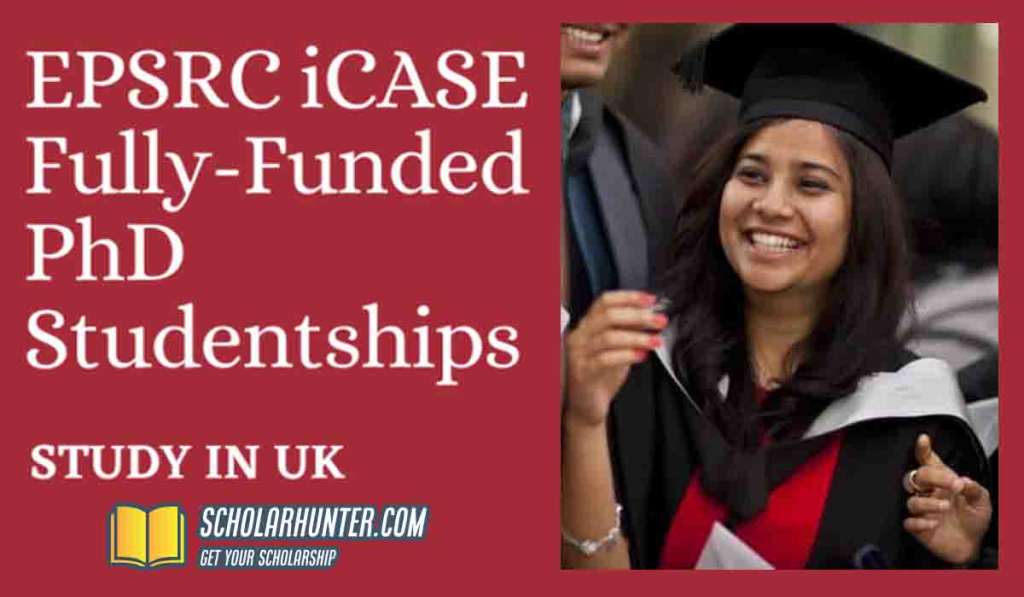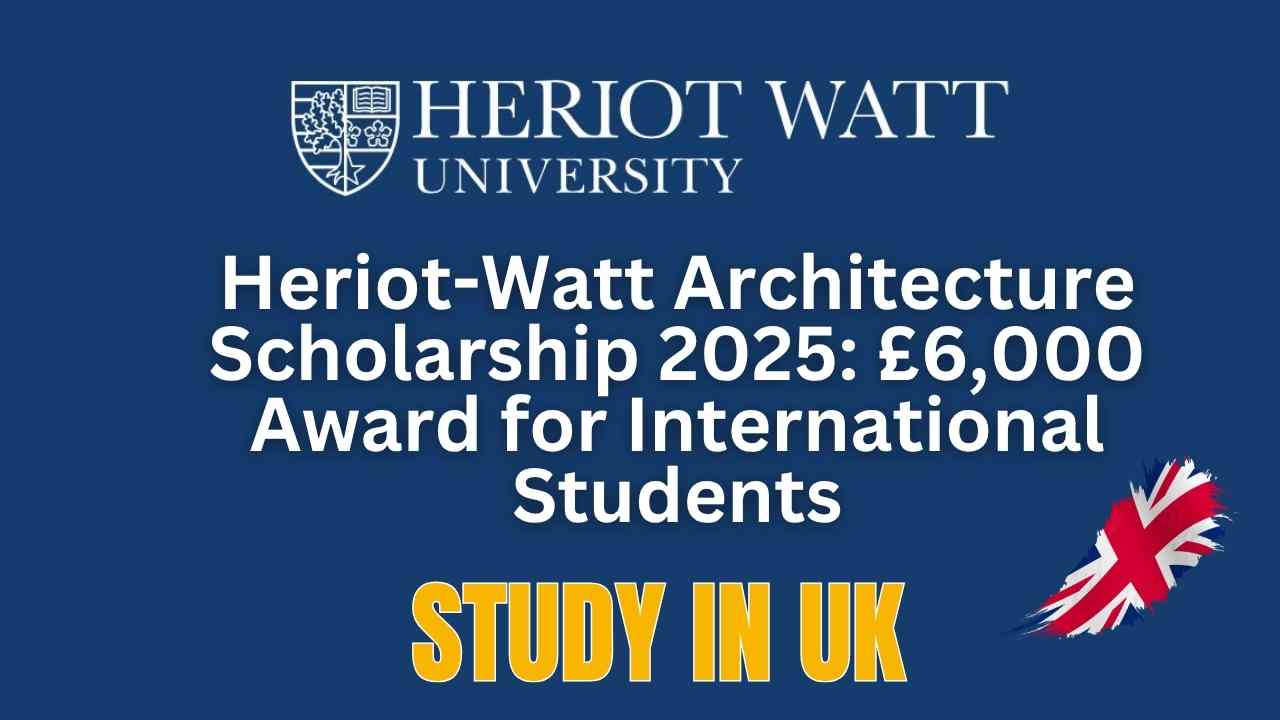MATERIALS ENGINEERING: FULLY FUNDED EPSRC ICASE Ph.D. SCHOLARSHIP: THE INFLUENCE OF STEEL TEXTURE ON GALVANISED STEEL QUALITY (RS150): Steel is commonly produced with zinc-based coatings in a process known as galvanizing to offer a corrosion-resistant product for the end user. One of the most demanding applications is within the automotive industry where advanced coatings support corrosion warranties in excess of 10 years and the surface quality is vital to present a faultless finished appearance.
Contamination of the galvanized MagiZinc and zinc coatings with dross particles is a major issue in the production of automotive outer parts (full finish) panels. The downgrading due to this contamination is estimated to be £200,000 pounds for mainland Europe in Q1 of FY21. Dross can consist of oxides that are dispersed in the molten zinc bath with a fleece-like morphology and crystal-shaped intermetallic particles. The oxides are formed in the contact of the bath surface with the surrounding atmosphere and in the snout. The intermetallic particles are formed due to the limited solubility of iron and aluminum in the bath.

Current measures to fight dross contamination mainly consist of good housekeeping (regular cleaning of the bath surface), attempts to control the bath chemistry more accurately and lowering the iron supply to the bath by the strip steel. Further improvement of these measures approaches its limits and is costly. Also, we see a strong effect of the substrate on surface quality and dross contamination that we do not understand. These effects are visible in both MagiZinc and GI.
The proposed project
An important missing link in the current knowledge of dross contamination is how dross is picked up by the moving strip in the snout and zinc melt. The effect of the substrate properties shows that this is an important aspect of dross contamination and understanding these phenomena is essential if we want to further reduce cross-contamination.
The pick-up of dross by the strip is equivalent to a particle deposition process on a moving rough surface. There is a lot of published research about this subject but only a limited amount about rough surfaces, see e.g. [1] for a review. Also, the existing literature deals with gas flows with relatively heavy, large, and spherical particles in them. We have a liquid metal flow with lighter nonspherical particles and very thin fleeces in it so we should investigate our case more thoroughly.
The project will utilize the state-of-the-art hot dip simulator and analytical suites at Swansea University to characterize the steel surface and correlate this to the dross contamination on the finished steel surface. The project is likely to present opportunities to spend time within the R&D function and production lines of Tata Steel.
References
[1] Abhijit Guha. Transport and deposition of particles in turbulent and laminar flow. Annual review of fluid mechanics. 2008.40:311-341

Funding of EPSRC ICASE Ph.D. Scholarship
This scholarship covers the full cost of UK tuition fees and an annual stipend of £20,000.
Additional research expenses will also be available.




